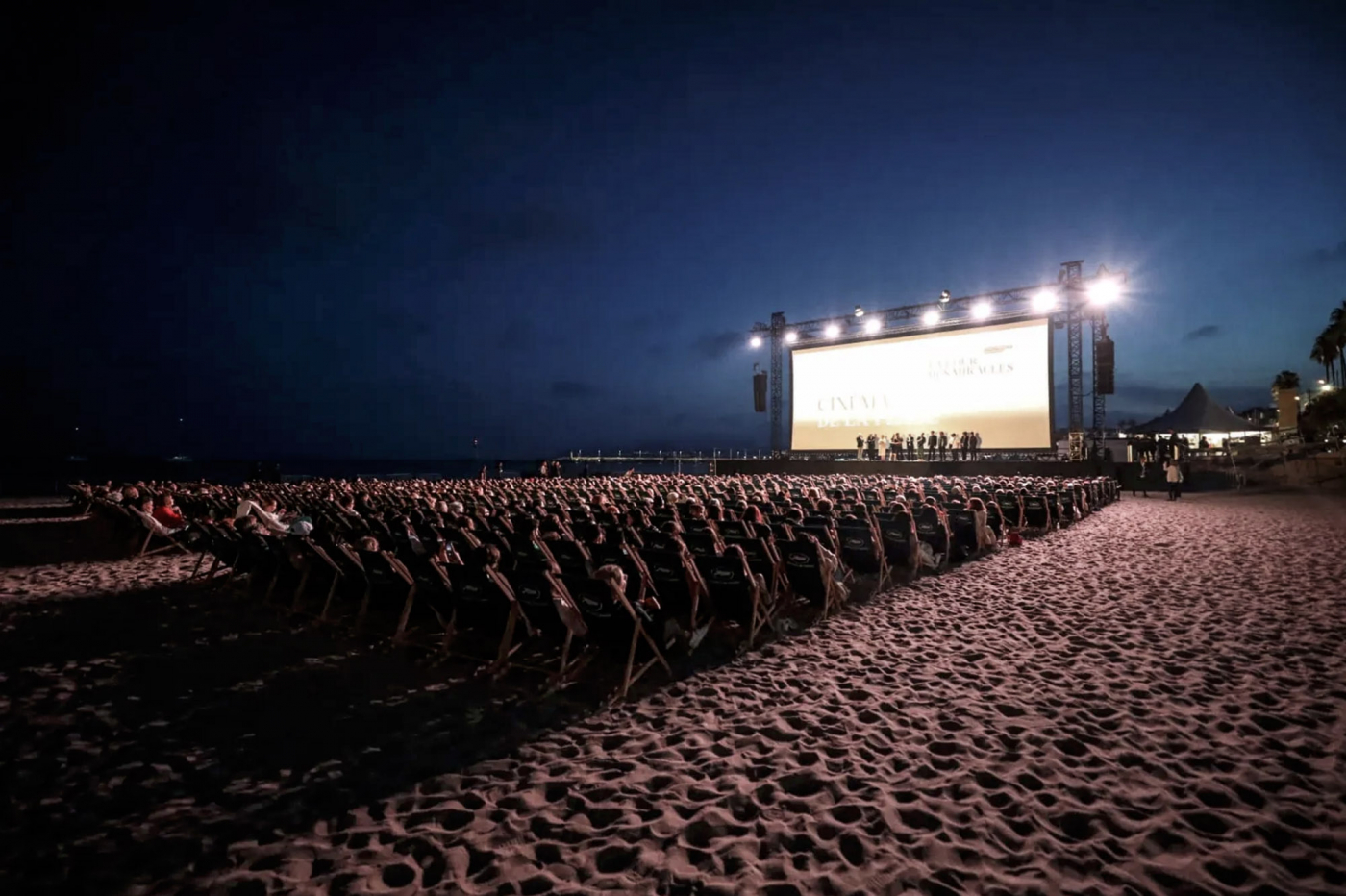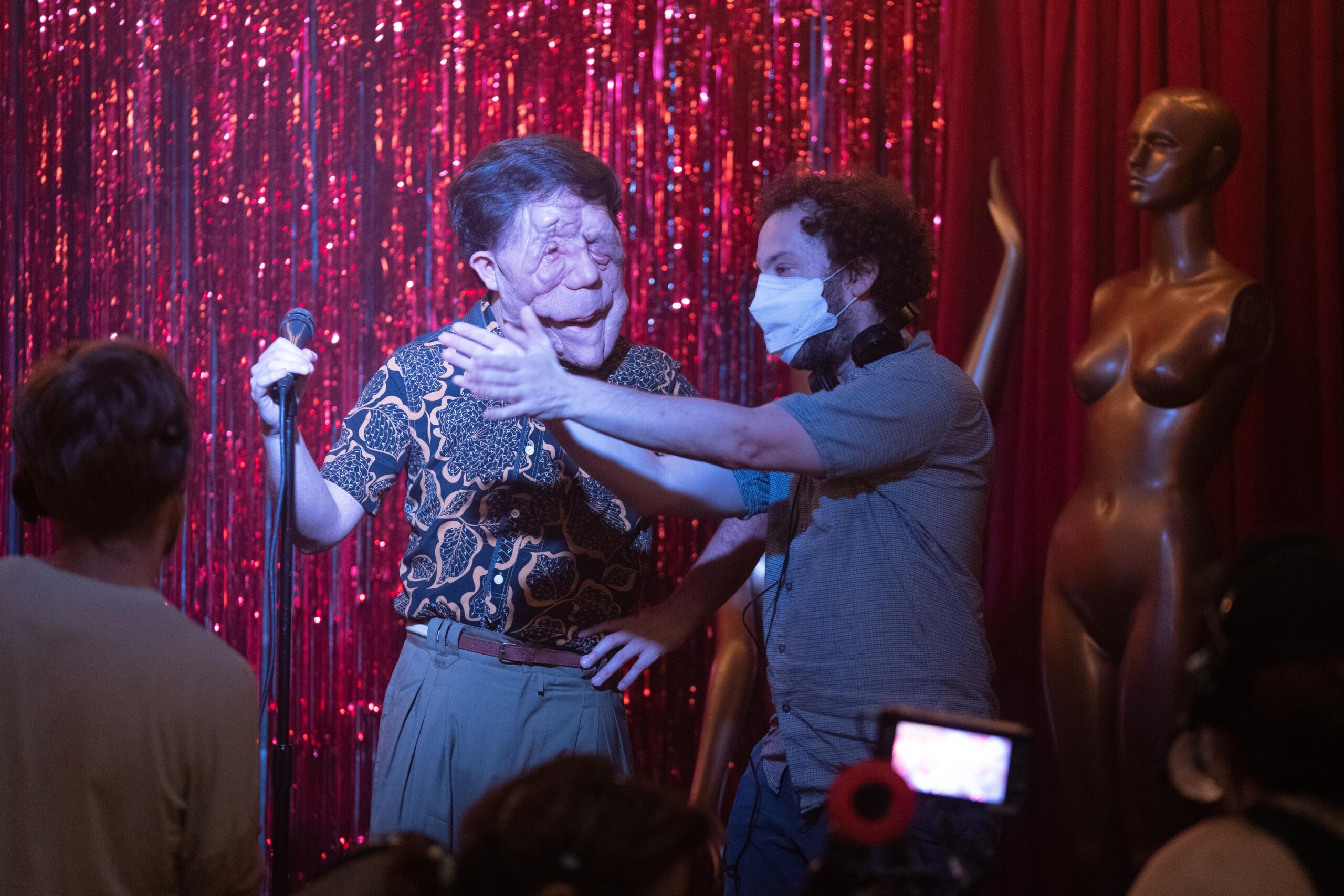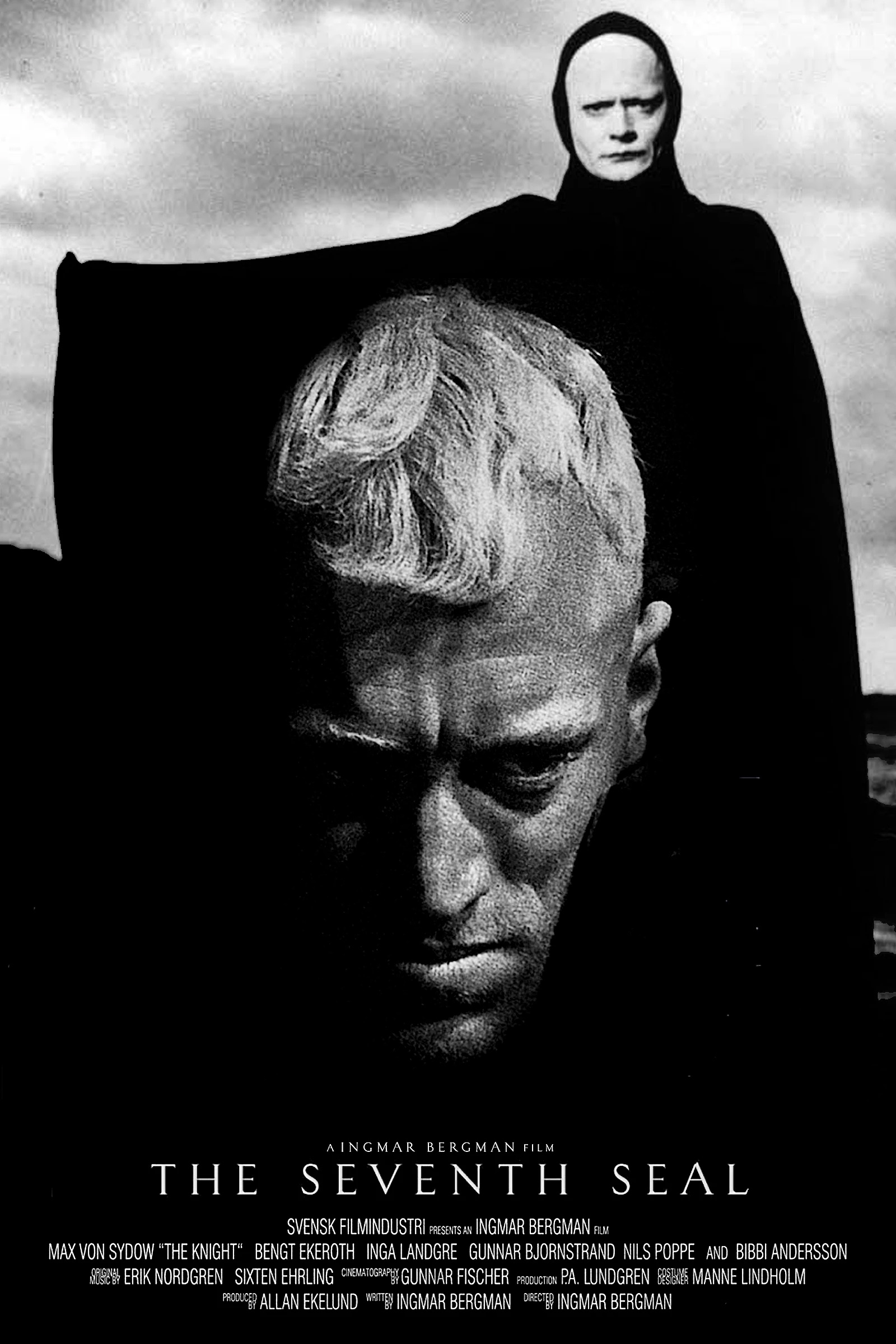
Seen anything good?
With the Oscars imminent, and the red carpets of Cannes coming up, Karen Krizanovich ponders how the industry still discovers what’s worth watching by meeting in real life, in an increasingly virtual world

With the Oscars imminent, and the red carpets of Cannes coming up, Karen Krizanovich ponders how the industry still discovers what’s worth watching by meeting in real life, in an increasingly virtual world

While studying for an MBA in film finance, we were told of a film investor who only wanted to fund hit films. That still makes me laugh. There is no recipe for a hit film. You can try your best with market conditions but whatever works now will rarely work again or if it does, it will be years later.
Filmmakers are naturally concerned about a hit because the percentage those who get to make their second feature is astonishingly low. So, they’re not money-grubbing fiends. They simply want to make another film. Even weirder is that the classics we now love were often failures at first.
The most valued thing of all is our time. You can’t replace it; you can’t earn more of it
The query I get all the time is “what is your favourite film”? If you have one, great. I don’t. I have preferences, of course and those change all the time as I see hundreds of films every year. Asking me that is like asking “what is the meaning of life” a question that presupposes life has inherent meaning. It doesn’t. We give it meaning. Tangentially, a film isn’t bad or good. It simply needs to find an audience. For even the most expensive, most planned film, it isn’t easy to get people to watch it. After all, the most valued thing of all is our time. You can’t replace it; you can’t earn more of it.

The Virgin Spring
So how to get a film seen? Film festivals are not just for Scorsese types, the ones who hang in a corner of the party discussing how they would have rewritten Star Wars. Festivals, like wine, have their own terroir and purpose. Each serves the ecosystem of Film World. Typically, you’ll only see the pointy end on red carpets – the beautiful people who basically play us on the big screen. But there are many others who attend, and this is the old “suck it and see” test. Before TV and streaming, this is where actors could find their feet. “I actually know the moment I became known. It was at the Cannes Film Festival when they showed The Virgin Spring. I walked into that theatre as one person, and I walked out as another,” said Max Von Sydow in 1960, the man who played chess with Death itself in The Seventh Seal only three years earlier.
According to Stephen Follows, a data analyst, author and speaker specialising in the film industry, as the film industry is changing so are festivals. While in Berlin this year, Follows notes that people in the film business are aware that streaming and AI as “existential threats” may not be so existential. The sustainability of smaller festivals may be in doubt. Berlin’s EFM (European Film Market) drew participants who didn’t get market passes, preferring to set up meetings elsewhere. As Follows has said in a recent mailout, “My general answer has been that the business of 2034 is likely to look very different from that of 2024.”

A Different Man
While not becoming extinct, how we become aware of what film offerings there are is also shifting. It used to be that the poster outside the cinema would tell you what was on. Now (and this is a problem for the oldest film lovers), you can’t get a ticket unless you book online. Social media with its non-professional reports grow exponentially as the professional space shrinks. Thankfully, word of mouth is more credible in real life but it takes too long, zooming past that hallowed first weekend box office figure. But we continue to read the established critics because they are more than their opinions. At a screening recently for the 2024 Berlin competition title A Different Man starring Sebastian Stan, Renee Reinsve and Adam Pearson, a fellow critic sat next to me thoroughly enjoying the film. This is what festivals do: put a film in front of an audience that knows cinema. That’s the difference between social media and influencers, after all everyone thinks they’re a film critic. You can read an opinion or you can read an informed opinion, one formed with insight over years. Your choice.

The Seventh Seal
And for all the envy and misunderstanding directed at film festivals like Cannes, Venice and Toronto, these are essential to expand the films we can see. For some, going to festivals is all about parties, meetings, lunches, drinking, not getting that taxi you wanted speaking the local language wrong and losing your apartment keys. For others, it’s serious business. The flexibility of what the big festivals offer is always surprising. Cannes’ glamour and Gallic insistence insures a film for everyone each May on the Croisette. Cannes has room for Indiana Jones and a first-time director and a pile of poo from some controversial director who’s friendly with a star. Cannes’ scope is as wide as cinema itself and its prestige makes us queue in swelter simply to see its films. Boringly on the Lido but insistently elegant, Venice is a springboard for films headed to Oscarland. Then there is the very important North American platform of the Toronto Film Festival for those can’t travel to Europe.
As the sparkling, expensive, crowded, glamorous and nerve-racking part of the “business that is film”, big festivals are essential. They attract an audience that puts its money where its heart is, it puts diamonds on its neck and ears and teeth and throws red carpet show just to attract us to the real show on big screen. The next time you think a film festival is all about people just wanting to be seen, sure, those people are there. But the majority in the 8am screenings after a midnight screening the night before just want to see the films. With that intent, they might know movies better than most. They’re there ruining their health and relationships to see features first so you will know whether to spend your time or not. So, have you seen anything good lately? C